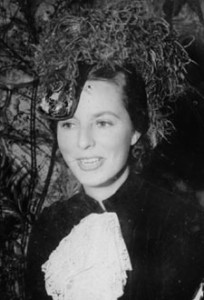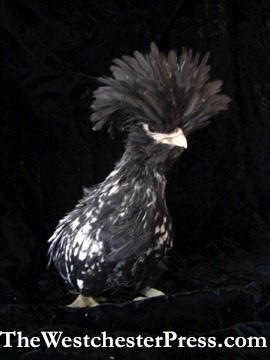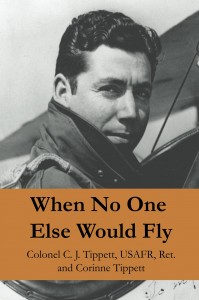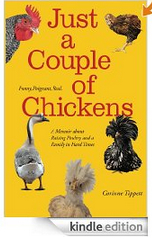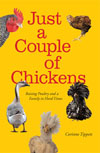I am delighted to be in the book marketing phase of my book project “When No One Else Would Fly“, the aviation pioneering biography of Colonel C. J. Tippett, which is now available on Amazon.com.
And as I pursue my to do list of book marketing actions, I am lining up my choices for my next writing project. I have sequels planned for both “When No One Else Would Fly” and “Just A Couple Of Chickens“, but I also have ideas for a fiction project. What to do next?
I mused on this issue at the beginning of my blog series and below is a mix of new material
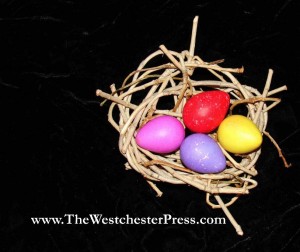
When I am incubating an idea for a new writing project, I try to take some things into consideration…
and a re-post of that first blog – still current, even more current… as I approach that unique crossroad of choices.
Vision It… Write It
When my finger hovered over that final self-publishing button in my production of my book “Just a Couple of Chickens,” I hesitated. Once I released the book – I was going to lose control of the consequences. Since it was a memoir – chicken tale – urban chicken story… everyone would know my story. It had been my original intention, when I dreamed my life as a writer, that I would put out a blockbuster scifi book under a pen name. Instead, my real name would be associated with this book and everything in it, and since I planned to market the heck out of it in every way I could possibly think of… something was going to hatch from it.
And so I came to realize, at that late date, what kind of a commitment it was to produce a book. More than just writing it, I was going to be living with it, living it – up to my elbows, for years.
And that made an impression on me regarding future book projects I had in mind. Knowing that so long as I remained untouched by publishing contracts, monetary advances, and agent relationships, I retained my ability to write anything I pleased – answerable only to my own pocketbook to determine the marketability of my manifestos… I realized that I would also want to consider how it would be to forge a relationship with my subject matter for a very long time, and to take that into consideration when I was planning my next book project.
The June 2011 newsletter of the Portland, Oregon based Willamette Writers has an excellent article by Laura Whitcomb on this subject titled “Invite the Right One In,” and the whole issue is worth some careful thought. Thinking through the long term life of my writing project at the very beginning is pretty important, particularly in self publishing, because I won’t be handing the project off. I’ll be staying engaged with it for years.
The magic of “Just a Couple of Chickens” definitely endures. It captures a time of our life that was joy, as well as struggle. I’m really pleased to see it still selling and still finding a market – but not so pleased that one of the reasons it is still so attractive to readers is because our economic hard times continue to persist. It’s a joy to market the book – and the bright yellow cover is uplifting. It is a joy and a journey to write the sequel, currently in progress.
The topic of “When No One Else Would Fly” is limitless for me. Aviation history, biography, and my own grandfather’s life story… there’s no end to my interest in that project. It is a delight to market, a pleasure to talk about, and much less intimidating to pursue since it is HIS life story, not mine.
This kind of forethought is part of Vision It – the thinking that goes into a book before the writing does… while the writing does. Because throughout all this study of publishing and business, there is nothing if there is no good book, which will not write itself.
But once the good book exists, there is another whole world of follow up, networking, promotion, and in-depth subject matter delving that goes on afterwards – and that is worth taking into consideration up front, if we have the choice. I want to choose a topic that I will still be enthusiastic about years later, so that I can keep my project moving forward, through marketing and sequels. Something I enjoy talking about on promotional tours and interviews.
Best wishes with your writing project!

